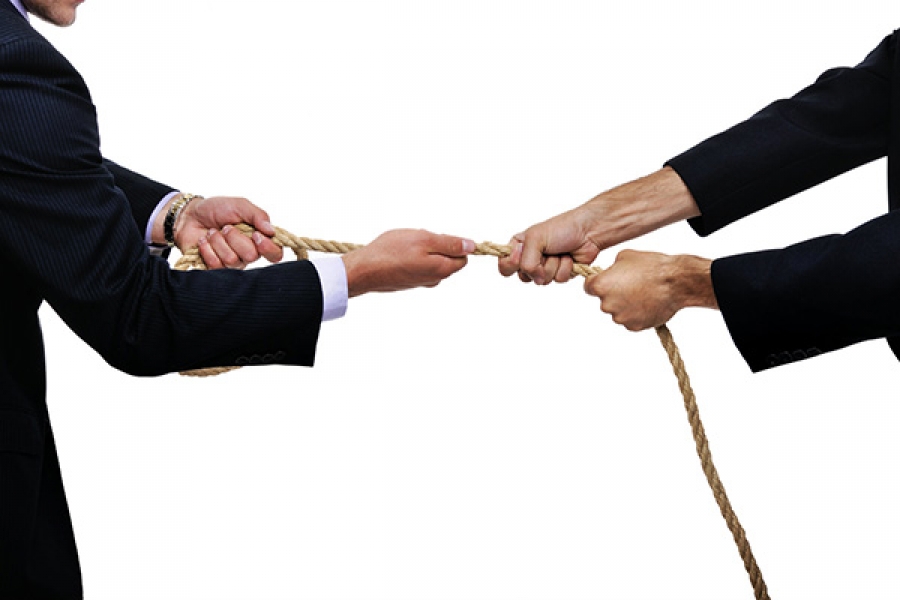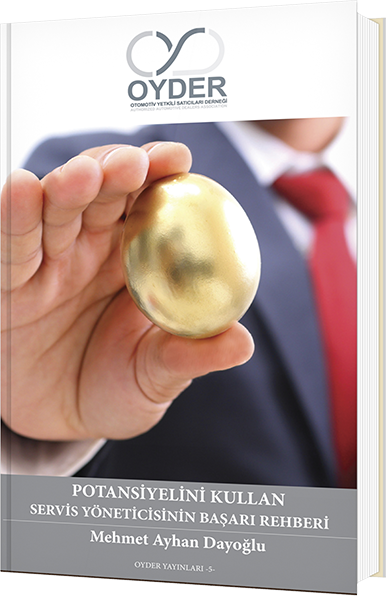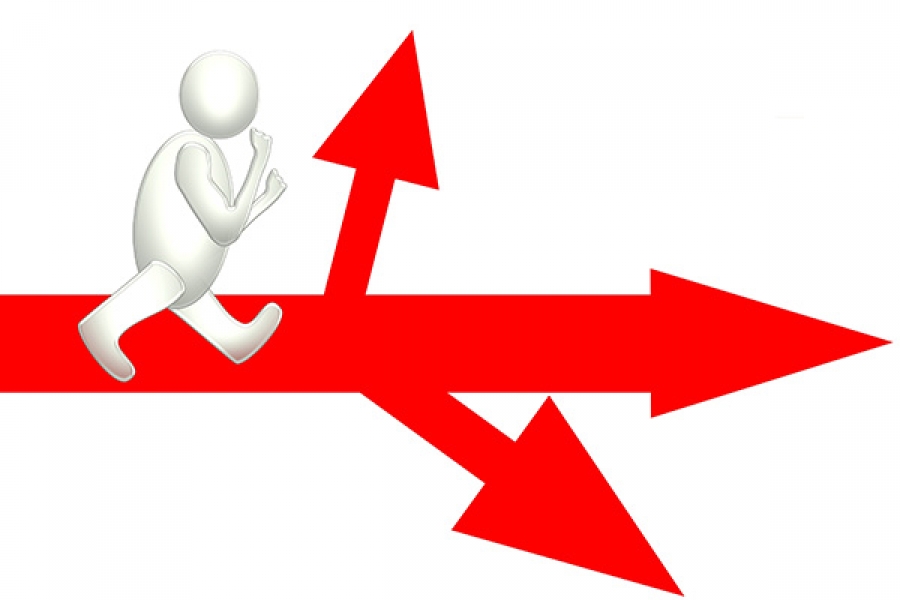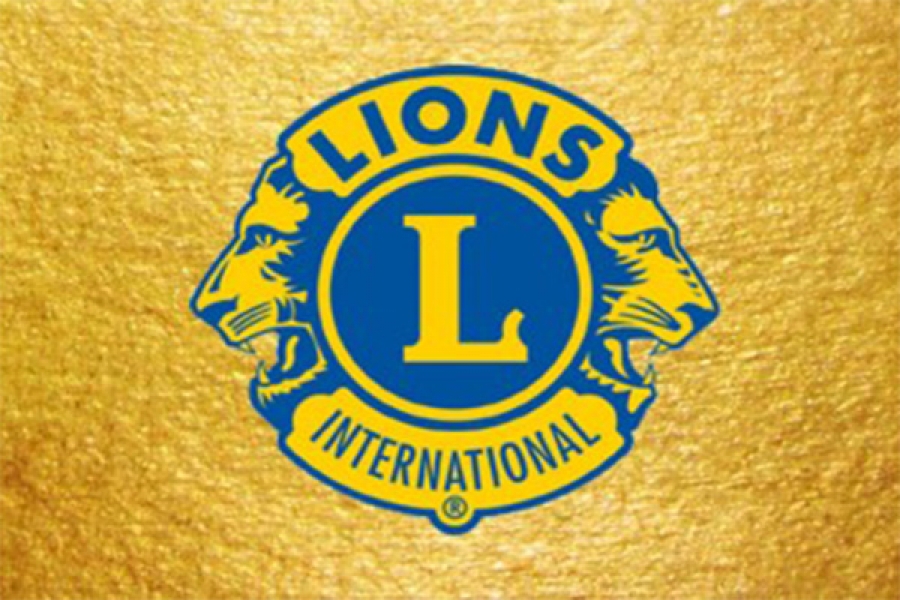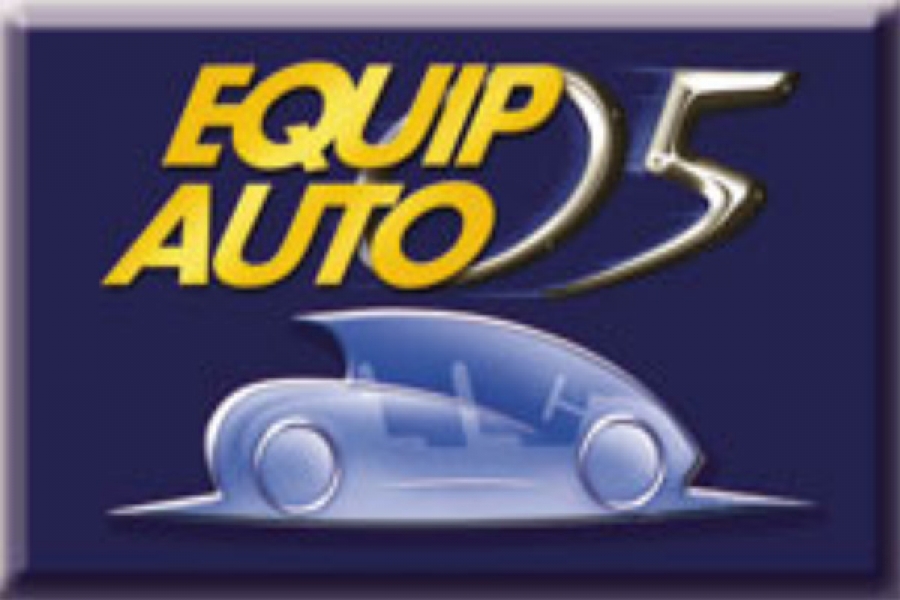Sunday, 24 September 2006 22:25
Competition and Nash Equilibrium
The main principle of a successful operation of price mechanism within free market circumstances is competition. The actual market price within markets with free competition is determined by supply and demand equilibrium of the product. The main purpose of companies which have commercial activities within the market is to obtain profit and earn money. For this reason, commercial companies aim their products or services to be accepted and approved in order to survive within the market. There are some competitors of companies within free market. Some of competitors are powerful whereas others are weak. The company should know the price which customer is ready to pay and determine its strategy pursuant to this price in order to sell its products or services. Companies shall try to compete either by extending their service and product portfolio or decreasing their costs or reducing their prices. No matter how the company shall successfully manage its internal affairs, it regularly reviews its position according the position of its competitors and take necessary precautions in order to increase profit. Therefore, companies shall become a part of a huge game unconsciously while remaining within the market and obtaining profit.
The first person who emphasized that human behaviours could be expressed likewise a game was genius Hungarian mathemathician John von Neumann with his article published in 1928. Von Neumann, then, published the book “Game Theories and Economical Behaviour” in 1944 with Oskar Morgenstern. This book was taught as a tutor in many universities after its publication and caused “Game Theory" lectures in relevant departments of those universities. Von Neumann and Morgenstern used to mention about a zero sum games between two persons within theri book. There used to be one winner and one loser within zero sum games between two persons. Benefit of one party is equal to the loss of other party. The most appropriate example of zero sum games is football matches and score history table. In case of a match score of 1-0, one team shall win and the victory of this team shall cause the defeat of other team. Also, the total of scored and conceded goals is equal to zero within score history table. In other words, number of scored goals is equal to number of conceded goals.
However, the conditions and situations in actual life are not always same like that. There are usually more than two persons within the game and each player shall try to take the best possible position for himself by adjusting its position according to the position of other players. John Nash dealt with this situation within his doctorate thesis in 1950 and proved that an equilibrium shall be occured in case each party is able to take and select best possible location, and he was awarded with Nobel Economy Award with this study in 1994.
Game Theory is based on min-max theory of Von Neumann and equilibrium theory of Nash. Professor Albert W. Tucket, lecturer of Nash, has developed “Prisoner’s Dilemma” game which was used for the development of Neumann and Nash's theories. The purpose of the game is to prove that, under some certain circumstances, both parties shall reach the optimum and most profitable collective solution when they rely on each other, and each party shall try to do best for himself in case they do not rely on each other, and this attitude shall lead both parties to the worst possible solution. In other words, what “Prisoner’s Dilemma” game proves is to show that individual interests shall not be able to match up with collective and social interets. Lets imagine that two different airline companies apply the following ticket fares:
1. Both companies reduce the ticket fare from 100 TL to 1 TL
2. Both companies shall determine a price of 75 TL considering that the price which customers are ready to pay and apply the competition by differantiation of services
First possibility is that each party believes that other party shall prioritise his own interest and apply the price of 1 TL in order to obtain mimimum revenue. In this case, each party shall earn 1 TL. However, airline companies shall damage both theirselves and the alternative coach transportation sector. In other words, everyone shall lose.
Second ossibility is that one party shall apply the price of 1 TL whereas the other party shall apply the price of 100 TL. In this case, one party shall earn 1 TL whereas the other party shall not make any business. To sum up, both parties lose.
Third possibility is that both companies shall apply 75 TL which customers are ready to pay. Both parties can earn 75 TL under those circumstances. In addition, coach transportation sector shall not be subjected to negative effects. Both parties shall obtain highest possible revenue since they prioritise collective interests and not act selfishly. Both airlines companies and coach companies obtain profit and passengers shall have safe journeys.
Nash Equilibrium strategy is accepted the best strategy since a company shall be able to choose a strategy according to the strategy of the competitor's strategy. When choosing Nash Equilibrium, the companies shall not choose a different strategy and not leave. In case of lack of Nash Equilibrium, some companies shall pull out from the market due to fierce competition. For this reason, member countries of OPEC always declare their annual oil production capacity in advance and comply with this decleration. Thus, they prevent reductions in oil prices and keep or increase their income level. Consisting of 11 member countries currently, when OPEC was founded by Iraq, Iran, Kuwait, Saudi Arabia and Venezuella in 1960, the oil price was around 3 USD. The price is currently around 60 USD. OPEC member countries have been benefiting from those price levels. We can give another example from automotive authorised dealers which purchase automobiles from same manufacturer/distributor and sell those automobiles. As we know, free market rules and competition except unfair one are in force and effect in Turkey. Yet, competition level shall be increased in automotive industry by means of new Block Exemption Rules (BER). The transition period for new BER is going to expire on 31.12.2006. The contracts regarding all sales and aftersales activities in compliance with new BER shall be concluded by this deadline. No rules to restrictive deregulations for competition shall be available within those contracts. It is aimed to constitute a supply–demand equilibrium in favor of manufacturer by creating competition. However, mechanisms do not operate properly sometimes. Players in the market usually do not make efforts to reach Nash Equilibrium. They act selfishly and bewilder the market. If they have high vehicle stock, they try to sell those vehicles by making huge discounts and sacrificing their profits. Then, the authorised dealers make discounts too. Thus, authorised dealers sometimes sell vehicles at the breakeven point, or worse, at a loss. Due to lack of profit, authorised dealers try to survive by reducing their general expenses. However they decrease their service quality under those circumstances as well. So is there a winner under those circumstances? When a dealer makes discount, the others follow him and none of then can make profit. In this case, the customer thinks he can pay lower prices. Nevertheless, he can not have good servicing service, he pays higher prices for service and spare parts. If it is a customer who can buy the vehicle without bargaining when the price is not clear enough, he shall confront huge decrease of second hand value as soon as he collects his new vehicle. The dealers, which can see those negative facts and want to reach Nash Equilibrium, ask for manufacturer/distributor to arbitrate. However, BER and Competition Law do not allow this arbitration. So that, manufacturers/distributors can only recommend them not to sell vehicles without profit.
As a result, competition is needed for proper operation of free market and also companies shall implement Nash Equilibrium strategy in order not to cbe subjected to damages of competition. Even though companies, which do not care and consider the equilibrium, think that they make the best for their companies, however they damage both theirselves and other players indeed.
References:
An Approach to Pricing Decisions of Companies In Terms of Game Theory / Ege Cansen-Thursday Conference of Competition Kurumu - October 2000)
Exploaring Corporate Strategy/Gerry Johnson-Kevan Scholes-Richard Whittington

